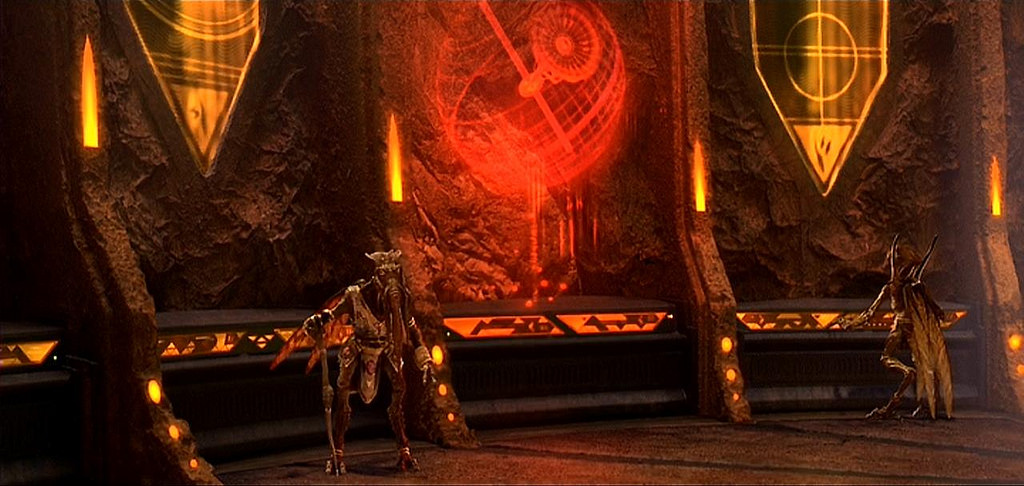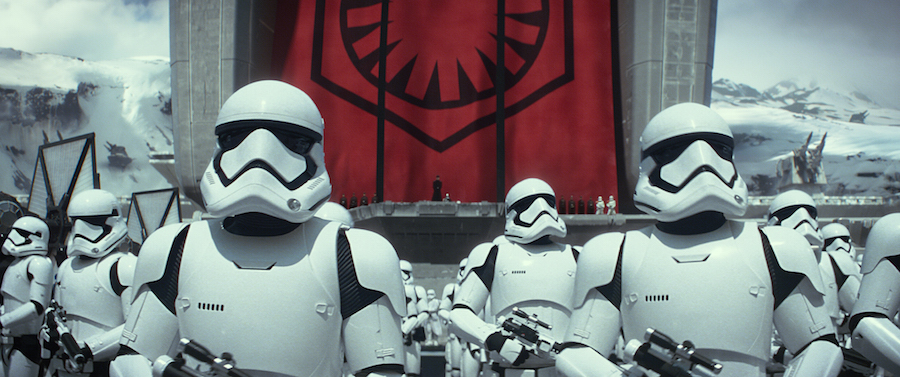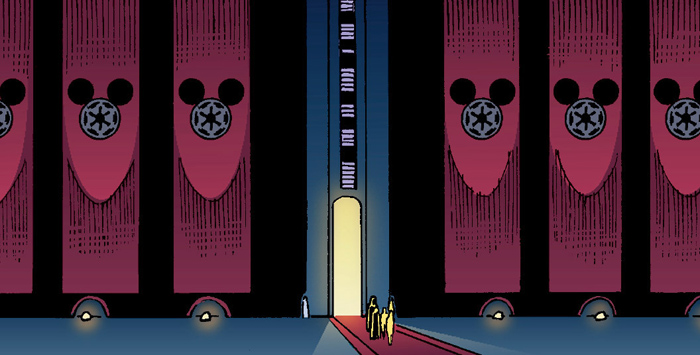
Stories like Star Wars exist to take us away from the mundane reality of life, to transport us to a more wondrous place. Recent weeks have been, in real life, very sobering for those in the UK in the wake of the result of the referendum to stay or leave the European Union. So, in the style of bleak, gallows humour, what might the world of Star Wars really be like? Cue snapshots of an alternative history of the galaxy, far, far, fucking far, away….
Luke Skywalker crashed his landspeeder after being sold illicit moonshine by Wuher, who was subsequently shot by a customer who thought he was being poisoned. Investigation of Wuher’s bar showed that that accusation was not without merit. Fortunately for the galaxy, Skywalker recovered and Wuher was more attentive to merely covertly poisoning his customers from then on.
When told the Death Star was the ultimate in asteroid clearance technology – the galaxy believed it because the Coruscant Star was never wrong. The Emperor had closed meetings with the owner to discuss how to really run the galaxy. Said owner also assured the Emperor, in great detail, that the magazine’s journalists would never, ever slice Imperial communications in pursuit of a story. In similar vein, the documentary A Death Star Is Born was buried for being too accurate a representation of Imperial policy-making. Read More
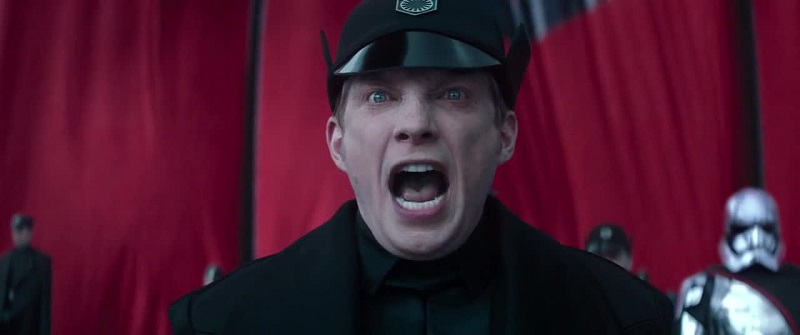
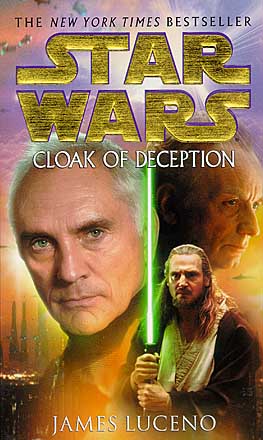 A “fix” book? What on earth is a fix book? Much as we may love it, over the years, Star Wars has acquired a deserved reputation for some quite off the wall plot concepts. Ideas like casually dropping the bomb that Vader is Luke’s father to the far more infamous taxation plot of The Phantom Menace. In some cases, a book comes out and addresses such plots head on. It considers how to either make a broken plot work or enhance an existing one that works adequately but could be improved. With the advent of the prequels, this became more noticeable but was not restricted to them. Is Bloodline one of these books? No, it isn’t. Why? Read on…
A “fix” book? What on earth is a fix book? Much as we may love it, over the years, Star Wars has acquired a deserved reputation for some quite off the wall plot concepts. Ideas like casually dropping the bomb that Vader is Luke’s father to the far more infamous taxation plot of The Phantom Menace. In some cases, a book comes out and addresses such plots head on. It considers how to either make a broken plot work or enhance an existing one that works adequately but could be improved. With the advent of the prequels, this became more noticeable but was not restricted to them. Is Bloodline one of these books? No, it isn’t. Why? Read on…